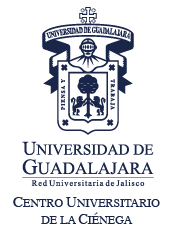FALLACIES AND SHORTCOMINGS OF INDIGENOUS CONSTITUTIONAL LAW IN MEXICO
Keywords:
indigenous constitutional law, indigenous restorative justice, tribal justic, legal pluralisM, indigenous justice, indigenism in Mexico, constitutional reformAbstract
The purpose of this article is to analyze the current situational reality that prevails in indigenous constitutional law in Mexico. In the body of the document, a profuse gloss was developed on the second article of the Magna Chart (which provides containment to the indigenous and tribal normative superstructure that governs our country) in order to highlight the multiple fallacies, shortcomings and gnoseological inconsistencies that explicit and implicitly contains this numeral, which has led the doctrine to consider whether the autonomy that was given to the native peoples to practice their own regulatory schemes, based on the constitutional reform on indigenous matters, is pristine or is just a legal fiction; questioning whether in Mexico there really is a scheme of legal pluralism or whether the traditional scheme of legal monism is followed.
Downloads
Published
How to Cite
Issue
Section
License
Copyright (c) 2023 LETRAS JURÍDICAS

This work is licensed under a Creative Commons Attribution-NonCommercial 4.0 International License.








